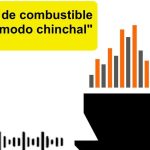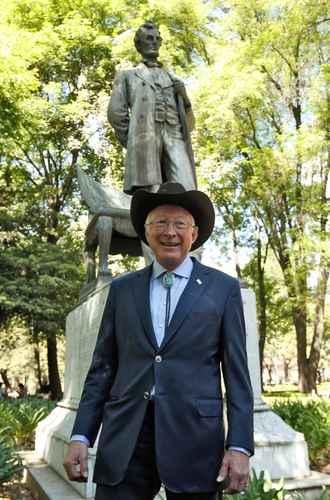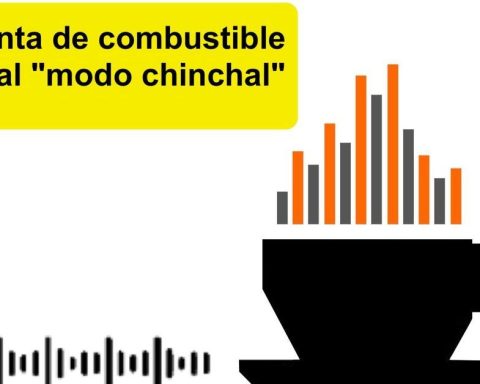MADRID, Spain.- In the last few hours, one of the original recordings of the painfully famous self-incrimination of the Cuban poet Heberto Padilla has come to light. The material, 85 minutes long, was broadcast in four parts through YouTube by the writer Jorge Ferrer.
Ferrer, who currently lives in Barcelona, did not reveal the source through which he obtained the recording, hidden for 50 years, but commented: “I share them, because the hands that have sent them to me authorize me to do so. And because shared history obliges me to do so, which is both mine and everyone’s”.
The audiovisual contains a large part of Padilla’s statements before UNEAC writers, then directed by Nicolás Guillén, on April 27, 1971. Heberto Padilla, one of the most internationally famous Cuban poets in the early 1960s, was arrested in 1971 for his critical views of the Fidel Castro regime. After 36 days confined in a maximum security prison and subjected to psychological torture, he was forced by State Security to do the famous public “mea culpa” in exchange for his freedom. This fact constituted one of the most lamentable passages of coercion to the Cuban intelligentsia in Cuba after 1959.
The imprisonment and forced public self-incrimination of Heberto Padilla led prominent intellectuals and artists to break with the Fidel Castro regime.
The recordings released by Jorge Ferrer come to light amid the controversy unleashed by the documentary The Padilla case (2022), by Pavel Giroud, who also had access to one of the recordings of that day, but who published it fragmented in its audiovisual production.
Pavel Giroud has defended the total non-publication of the material, alleging agreements established for the production of the documentary.
Giroud has found support in colleagues such as Ricardo Acosta, who has pointed out: “Regarding the documentary film by Pavel Giroud The Padilla Case I see a total lack of empathy towards the work of the filmmaker, many people projecting, in their opinion on the documentary, what they would have done, making a pedantic, arrogant reading, sometimes with shades of rancor and contempt, ideologising…”
However, others like writers Carlos Manuel Alvarez or Orlando Luis Pardo Lazo They have been more radical.
“I am afraid that a certain ethical lassitude with a political document of such importance, or with any public document in general, inevitably results in a result of limited aesthetic ambition,” said Álvarez.
While Pardo Lazo considered: “After half a century waiting for this revenge – ultimately self-humiliating -, convinced that the tapes had been diluted with acid by some Leni Riefenstahl from Villa Marista, there is no right to keep the filming secret original. By retaining it – and this is the responsibility of all those who treasure the original tape – it smacks of ego or duty fulfilled in an exemplary manner.
















